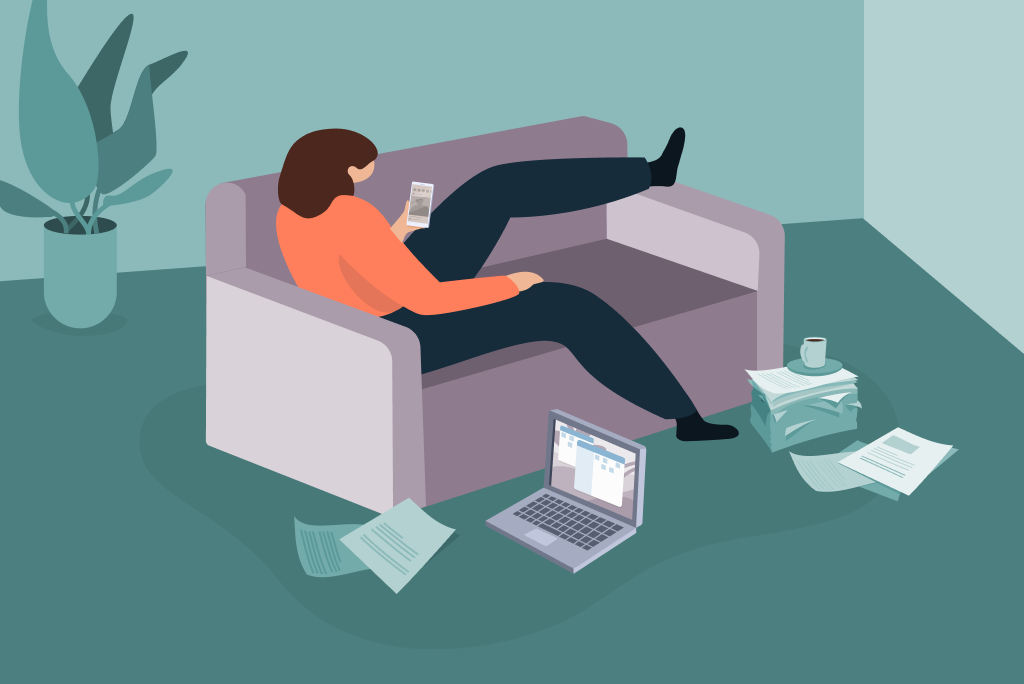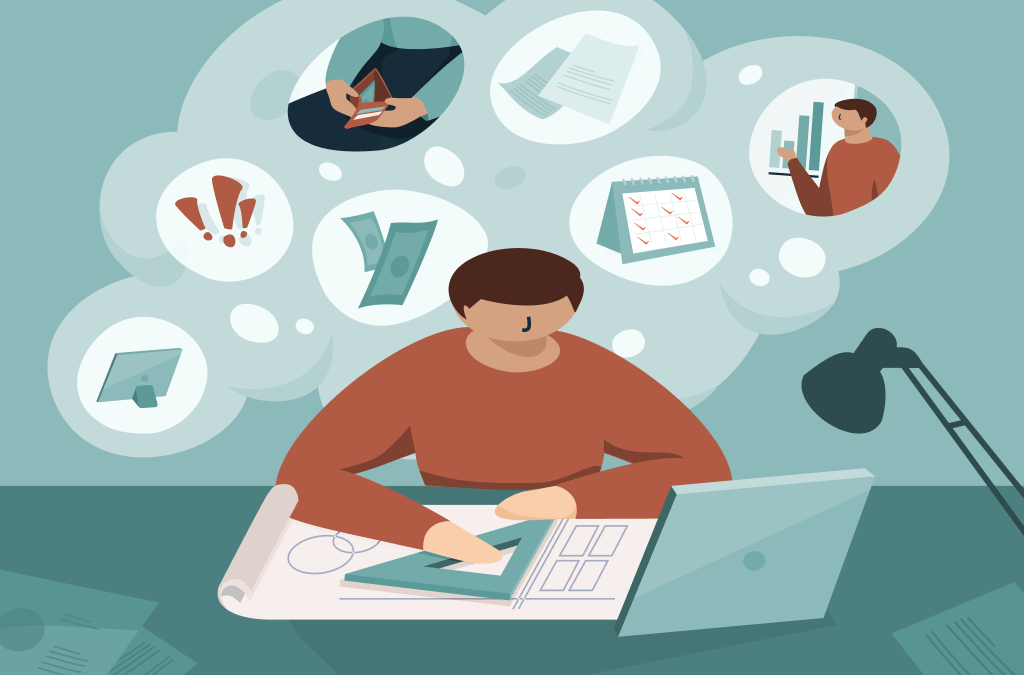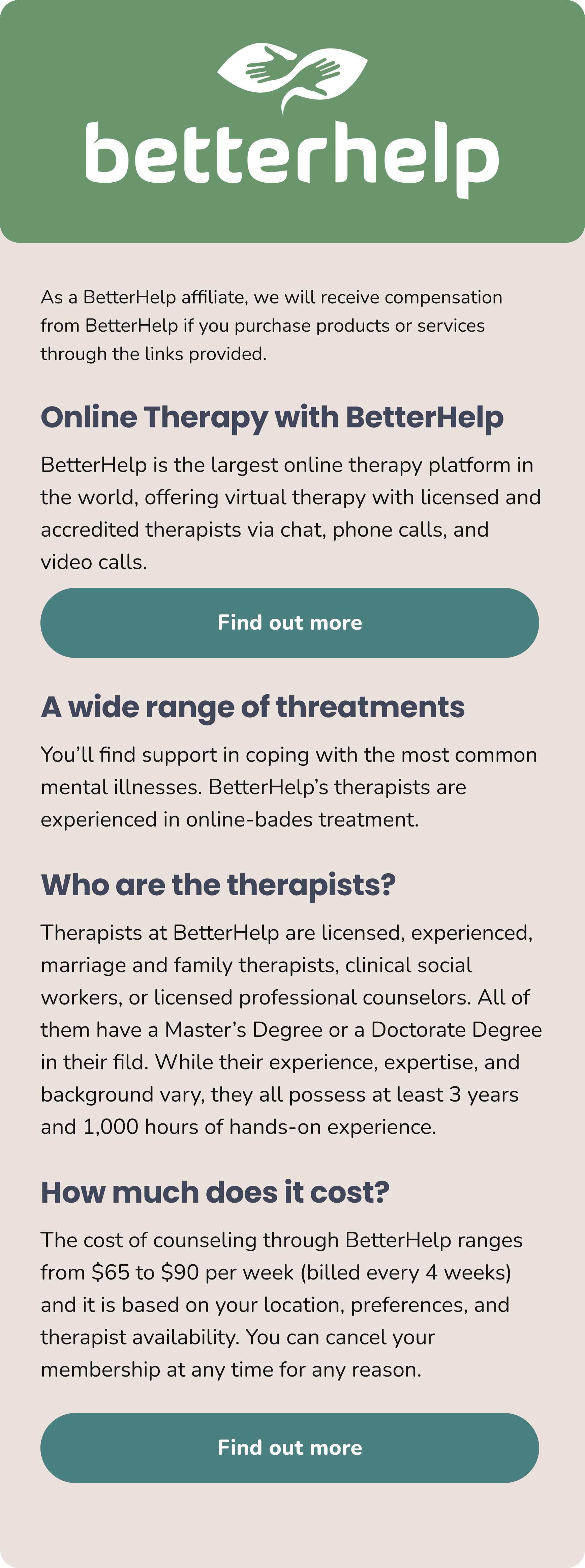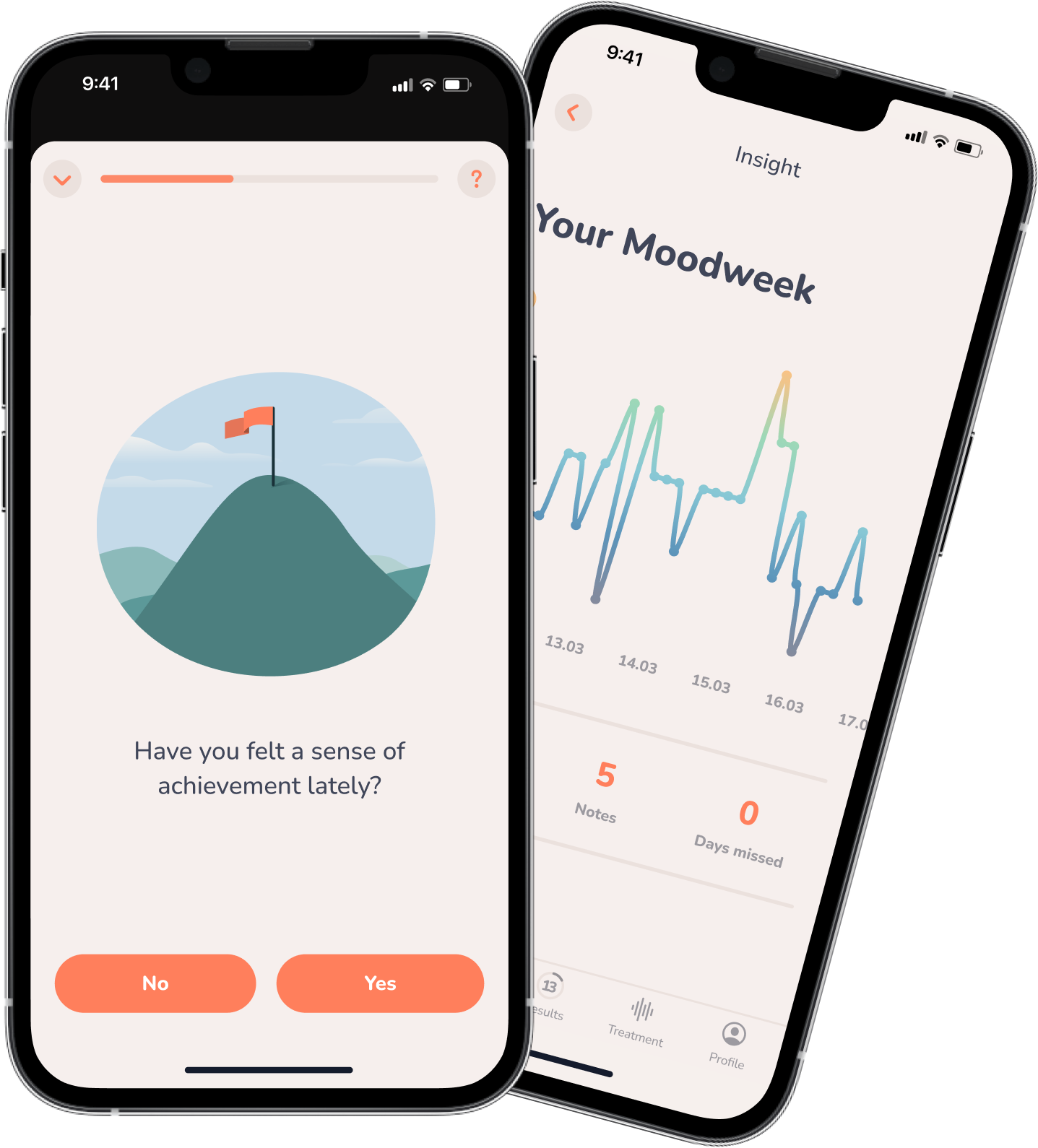Insight
Procrastination: When Putting Things Off Becomes a Problem
The saying “Don’t put off till tomorrow what you can do today” can be easier said than done. Many people, in fact, find themselves relating more closely to the famous pun “I never put off till tomorrow what I could possibly do the day after.” Or even—“Never do today what you can put off till tomorrow.”
Kidding aside, though, many people struggle with procrastination to greater or lesser degrees. This article explores what procrastination is all about and offers suggestions for starting—and completing—tasks.

Sound familiar?
You have something you need to do (think tax returns, a tricky project at work, that pile of laundry after a vacation) and though you know it would be best to get started on it right away instead you end up doing something else entirely (washing the sink full of dirty dishes, organizing your bookshelf, playing on your phone, etc.). Why? Well, you’re not really sure where to start with the task at hand. It feels overwhelming, too big, or is just something you really don’t want to do. Something else may seem more interesting or able to be completed more quickly. Then the mind starts working. Thoughts like “Well, it’s too late to do that today, anyway. I’ll just get going on it tomorrow” start popping up. Before you know it, more time goes by and you still haven’t done the task at hand.
If this is familiar, you’re in very good company. Pretty much everyone puts something off at one time or another.
Why do people procrastinate?
For some, knowing there’s a task to do can come with difficult feelings, ranging from boredom to being overwhelmed to a fear of failure. Putting off a task can then keep these feelings at bay and bring some relief in the short term. But because your brain maintains a background awareness of this unfinished task, the stress never really goes away.
As soon as you turn your thoughts back to the task, the same difficult feelings are there, now often with the added feeling of guilt or shame. Additionally, if your task has a deadline, the stress of this now-even-closer deadline is that much more. And if you miss the deadline, say filing taxes late or not completing a work task on time, you may even be dealing with some pretty unpleasant consequences.
If putting off tasks comes with such a high cost, why do people do it? Definitely the short-term relief feels nice and then often the negative consequences aren’t immediately apparent which makes for double the temptation. It’s human nature, after all, to gravitate toward what is immediately pleasant and avoid what is not.
What can you do?
If you, too, are prone to putting things off and are looking for some strategies to help get you into action, one or more of the following may help:
Investigate why.
“Why am I doing this?” Getting to the bottom of this question can be really helpful in working toward curbing procrastination. Be sure to investigate with a curiosity and kindness toward yourself, simply observing what’s behind it for you. What kinds of tasks do you tend to put off? What prompts you to avoid them at first? Is it that they’re particularly tedious? Challenging? Are you afraid you won’t be able to do them? Do they not really make sense to you? Or is it mainly linked to your own or others’ high expectations?
The underlying feeling for the avoidance trigger provides an important clue about what might help you get started on the task and keep at it until it’s complete.
Set achievable goals.
Setting smaller, achievable goals can be especially helpful if you’re feeling frustrated, overwhelmed, or reluctant to do the task. Instead of thinking of it as one big to-do, break it into smaller chunks in order to achieve smaller more manageable goals along the way. Instead of seeing only the big mountain in front of you, you’ll instead be able to focus on the next clearly defined step. This will also give you a sense of achievement more quickly and more often.
Reward yourself.
Getting started on tedious or challenging tasks can be hard to do. Jumpstart your motivation by thinking of small rewards in advance. For example, “If I start this task right now, I’ll treat myself to an episode of my favorite show afterward.” Or maybe, “If I start right now and work until I get to a certain point, I’ll let myself take a nice long walk outside later.”
Head off distractions.
What do you typically distract yourself with when you’re putting off something? Other tasks? Your phone or other device? A game? Whatever it is, make it as difficult as possible to do that thing. Maybe go to another location, like a conference room or library, to do your work. Or, completely turn off your phone or access to the Internet, if you don’t absolutely need it to complete your task.
Set a time limit for work on the task.
Though somewhat paradoxical, limiting the time you work on a task can help you complete it more efficiently. Instead of the more open-ended, “I have to work on this task,” you can instead think, “I am (only) allowed to work on this task for this time.” When time becomes more precious, this can help you use it more effectively toward what you need to get done.
Face your fear.
If the root cause of your procrastination is fear, it can be really helpful to take a closer look at this fear. What is it exactly that you’re afraid of? What’s the absolute worst that could happen? How likely is it that this will happen?
If you have the impression that you actually lack certain knowledge or skills for a task, what support can you turn to? Perhaps you know someone who could show you how? Or, you could plan enough time to be able to prepare yourself or look things up as you go along? Or, maybe formal training is the way to go and you could give yourself enough time to get the training you need?
Reflect on your own expectations.
If the very thought of working on a task makes you feel very stressed out, it might be that you’re placing demands on yourself that are very high. Did you know that perfectionism is often accompanied by a tendency to procrastinate? Putting things off can feel like a nice, temporary escape, at least for the moment. In this case, you may want to take a closer look at your perfectionism and the fears behind it.
Make a conscious decision.
It can be perfectly okay to put off a task from time to time—as long as you do so consciously. Ask yourself why you’re wanting to put off the task and be sure to consider the consequences of doing so. Then make a conscious decision. If you decide to put off the task, formulate a plan for when you will turn to it.
Though all this may sound good, know that putting it into practice can take time and effort. Remember that it’s about many small steps rather than single big ones. Setbacks and doubts are also part of the process. But if you stick to it, you have a good chance of improving your overall well-being in the long run.
When does procrastination become a problem?
If you occasionally put things off but are still able to eventually complete your tasks reasonably well, procrastination is not considered to be a problem.
But, it might be a problem if you find that most of the time you’re:
- Unable to completely finish important tasks and this inability is impacting your life in some significant way.
- Not living up to your potential.
- Dealing with professional, financial, or personal consequences as a result of your procrastination.
- Noticing that your well-being is suffering as a result of procrastination.
The major diagnostic manuals for mental health disorders (ICD-10 and DSM-V) do not have a classification for procrastination. Nevertheless, chronic and severe procrastination often cause a great deal of suffering for those affected. Procrastination can lead not only to reduced performance and heightened stress but is sometimes associated with depression, anxiety, sleep problems, and increased alcohol consumption. Around one in ten people struggle with a severe form of procrastination. This is especially true for those who have the ability to freely allocate time to their tasks, such as students or those who are self-employed.
If you’re experiencing depressive symptoms, anxiety, or other psychological stressors in connection with procrastination, it may be time to enlist the help of a mental health professional if you’re not already working with someone.

People-Pleasing — When the Fear of Rejection Becomes a Trap
Are you a person who places a high value on kindness, consideration and helpfulness? Or … maybe you tend toward what’s called “people-pleasing”?

Psychological Needs in the Workplace: How to Meet Them
Deadlines, conflicts, pressure to perform—many people grapple with stressors at work. The extent to which these weigh on someone depends in large part on whether psychological needs are being met at work.

High-Functioning Depression: The Hidden Suffering
When people think of depression, usually intense sadness, low energy, social withdrawal, difficulty getting out of bed, and managing daily life come to mind. But this is not always the case.

Obsessive-Compulsive Disorder: When Thoughts and Actions Become Torture
In this article, we explore what characterizes such thoughts and behaviors as well as how they can be treated.



